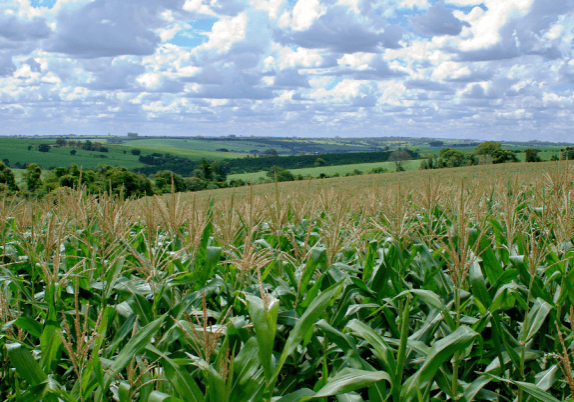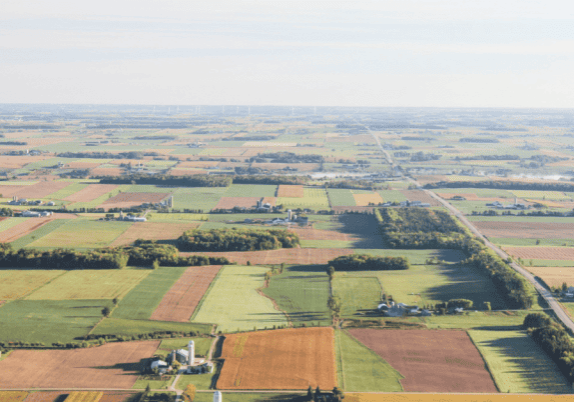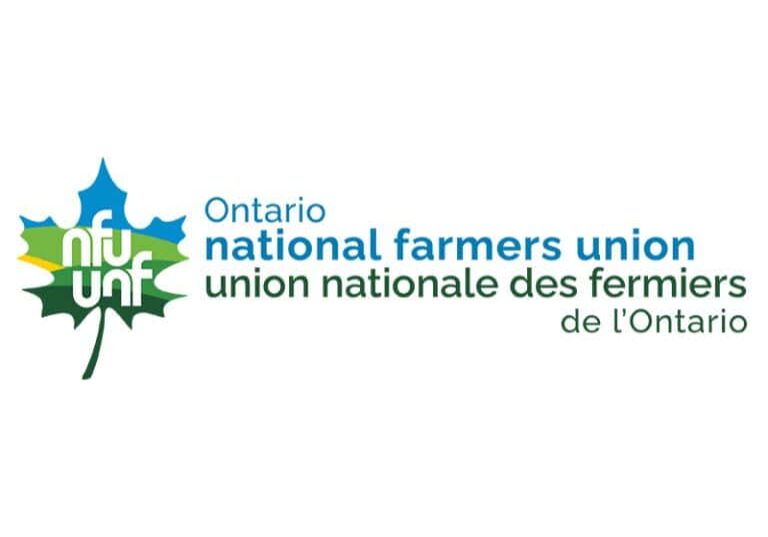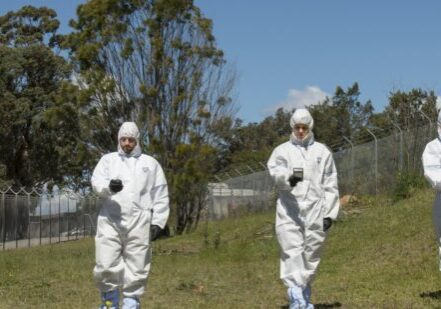NFU-O Recommendations for the 2025 Ontario Budget
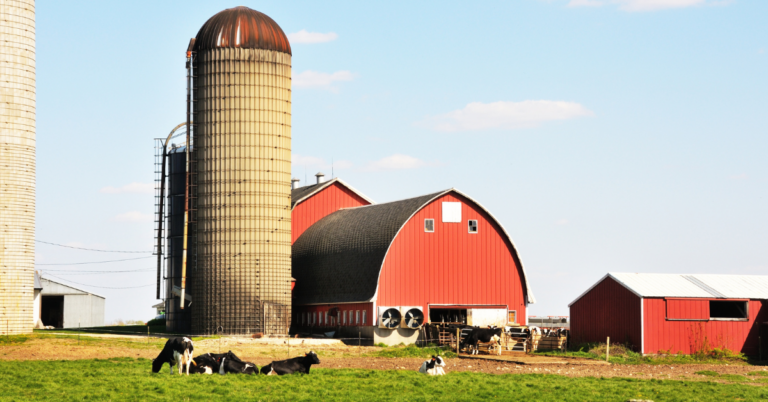
Dear Minister Bethlenfalvy,
On behalf of the National Farmers Union – Ontario (NFU-O), please find enclosed recommendations for the 2025 Ontario budget. The NFU-O is an accredited farm organization representing thousands of sustainable farmers in Ontario and has advocated for farmers across Ontario since 1969. Members work together to achieve agricultural policies that ensure dignity and income security for farmers, while protecting and enhancing rural environments for current and future generations. Our diverse membership includes export producers, direct market farmers, livestock producers, specialty crop growers, and farmers who produce supply-managed
commodities.
NFU-O members are interested in funding and programs that shorten and strengthen regional supply chains, especially in light of ongoing tariff discussions; create support for new farm entrants; and support on-farm nutrient management best practices.
Shorten and Strengthen Regional Supply Chains
The NFU-O supports efforts to increase consumption and production of Ontario grown food by 30%, especially where this increased consumption reduces Ontario’s reliance on agri-food imports.
Local markets are critical to food sovereignty. Local and direct sales keep dollars in communities and food production where the eaters are. As retailers seek to replace US imports, demand for regional food products will quickly outstrip existing supply. We need to ramp up production that serves the domestic market to reduce our dependence on imported food. The government must commit to rebuilding our local and regional food production, processing, storage and distribution infrastructure so that Ontario has a reliable, long-term capacity to feed our population.
Support for New Farm Entrants
Almost two thirds of Canadian farmers are 55 years or older but only 12% of farms have a succession plan in place. There are many new, young and equity-deserving farmers looking to replace them, however the high cost of land (Ontario currently has the highest land price in Canada at over $17,000 per acre) prevents the transfer of farmland from happening. There are many benefits to supporting the next generation of farmers in gaining secure access to land, including improved biodiversity, stronger rural economies, and increased access to local, nutrient dense food, contributing to preventative health measures.
The NFU-O recommends the Ontario Government partner with the Federal Government to develop an Ontario New Entrant Farmer Strategy under the multi-year funding support of the Sustainable Canadian Agricultural Partnership (SCAP) that includes resources for training, land access, land matching services, business planning, and financial support. The Federal Government has offered support to Quebec under the Growing Forward 2 cost-share program and to British Columbia under the Sustainable Canadian Agricultural Partnership (SCAP) for similar programs.
Nutrient Management Best Practices
Farmers in Ontario are concerned about agricultural conservation, about protecting water quality and about addressing the rise of toxic Lake Erie algae blooms. Many farmers have participated in voluntary programs or adopted best agricultural conservation practices on their own, however, the adoption rate of these best management practices rarely exceeds 50%, especially when the perceived financial benefits are minimal. Encouraging and financially supporting these ecological improvements is essential to meet critical environmental targets, such as the 40% reduction in phosphorus loads entering Lake Erie by 2025 and a 30% reduction in greenhouse gas emissions from on-farm fertilizer use by 2030.
The NFU-O recommends the provincial government reintroduce funding for comprehensive Ontario Ministry of Agriculture, Food, and Agribusiness (OMAFA) extension services that include trained, independent (i.e. no corporate profit agenda) agronomists capable of assisting farmers in calculating the most efficient and sustainable nutrient applications for their fields and implementing 4R stewardship (right time, rate, source, and placement). We also recommend that the government introduce programming and funding to provide free annual soil testing for all farms, and make regular soil testing on all field crop farms a requirement, as it is impossible to measure the success of sustained 4R Nutrient Stewardship without it.
The NFU-O recommends that OMAFA work with farm organizations to provide free public education campaigns on farming for maximum profit instead of maximum yield or “least cost crop production”. Farmers spend, on average, one-fifth of their input costs on fertilizer which suggests that farmers would benefit from practices/methods that reduce the total amounts of
fertilizers required to grow their crops. This program could support financial viability for Ontario farmers as well as support climate and environmental targets.
Lastly, our members recommend that the Ontario government work in partnership with the federal, provincial and territorial governments, to create a Canadian Farm Resilience Agency (CFRA) to coordinate a rapid, science-guided, and least cost transition to financially secure, emission-minimizing farms and food systems.
Thank you for your consideration of these recommendations to support Ontario farmers.
Sincerely,
Max Hansgen President,
National Farmers Union – Ontario
